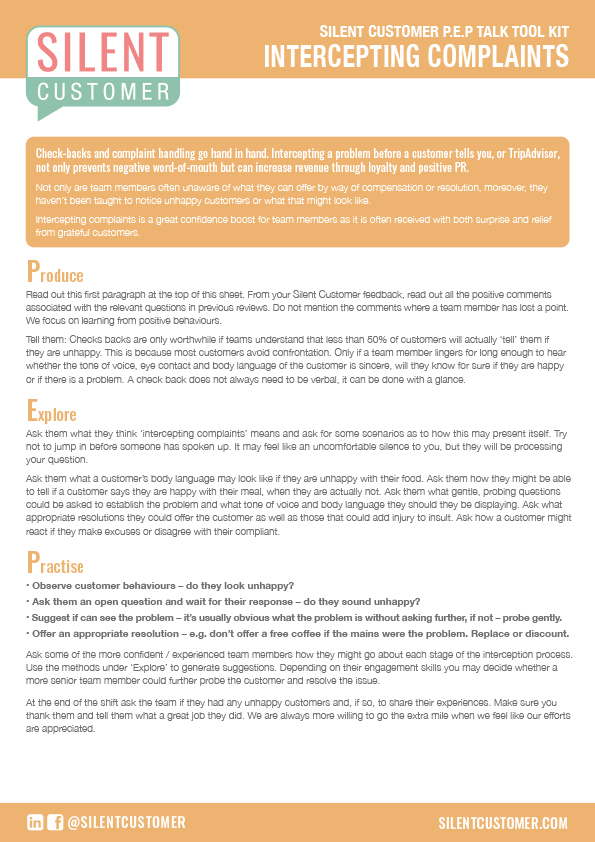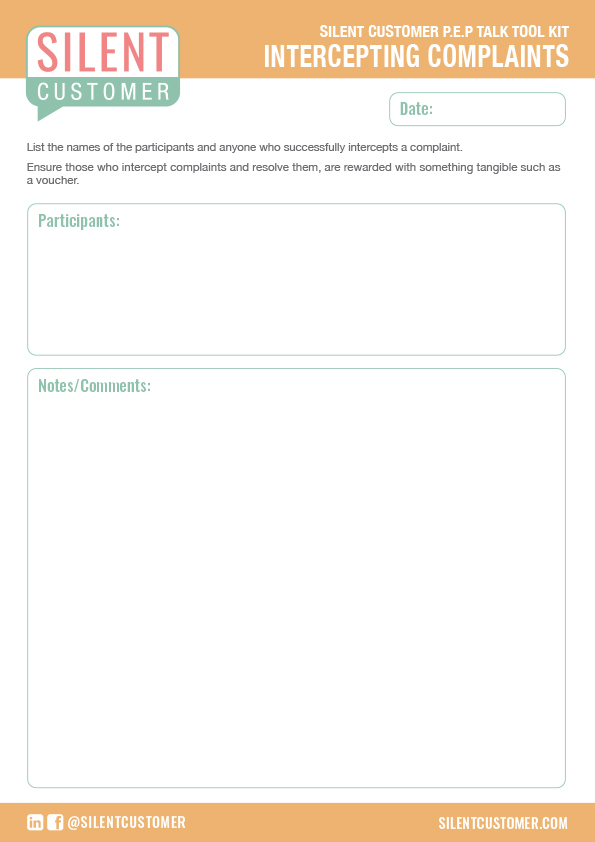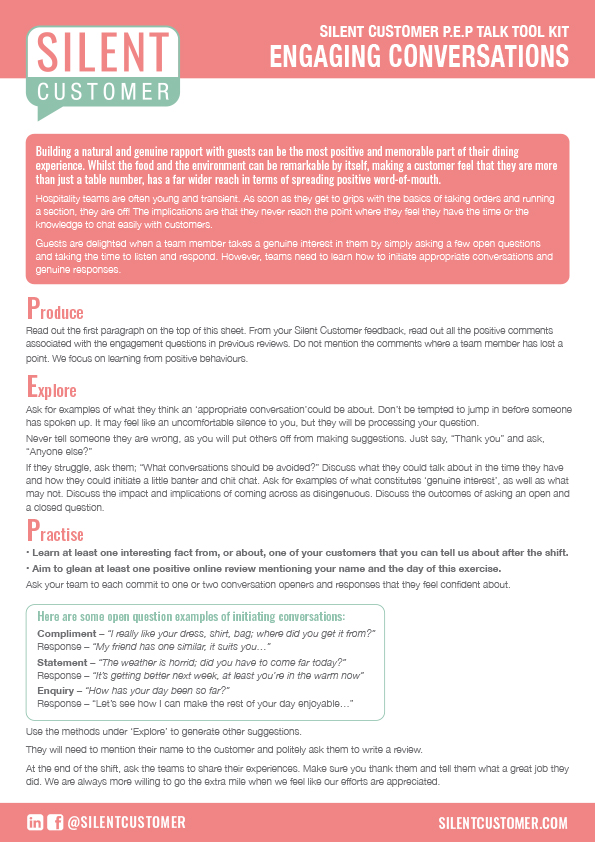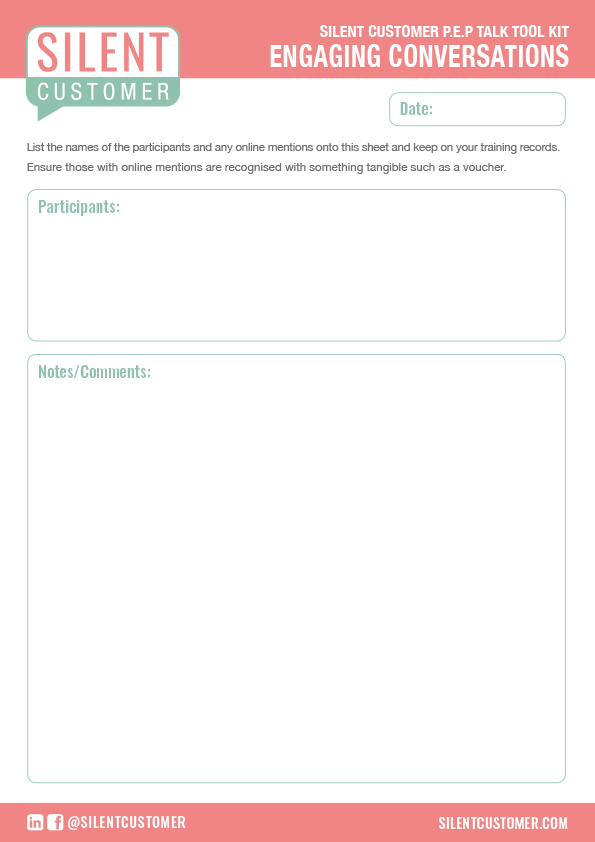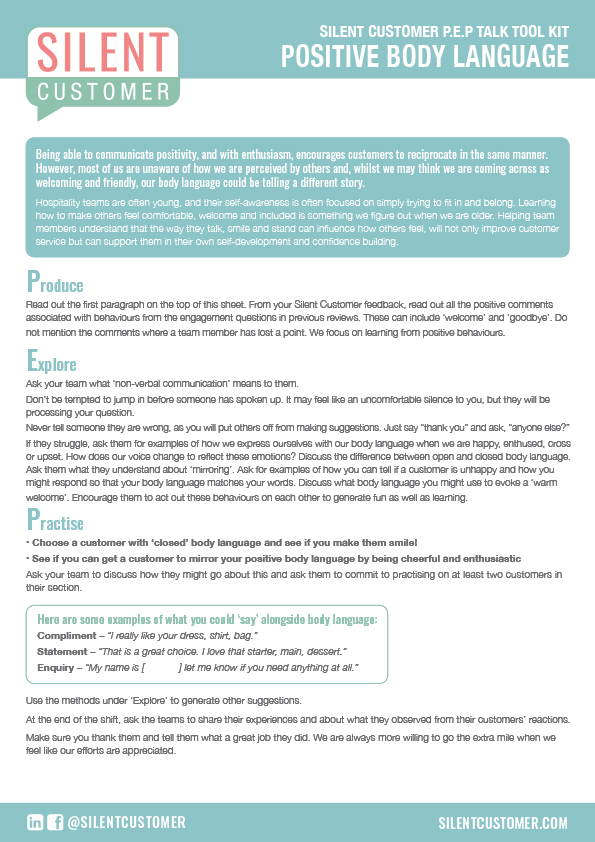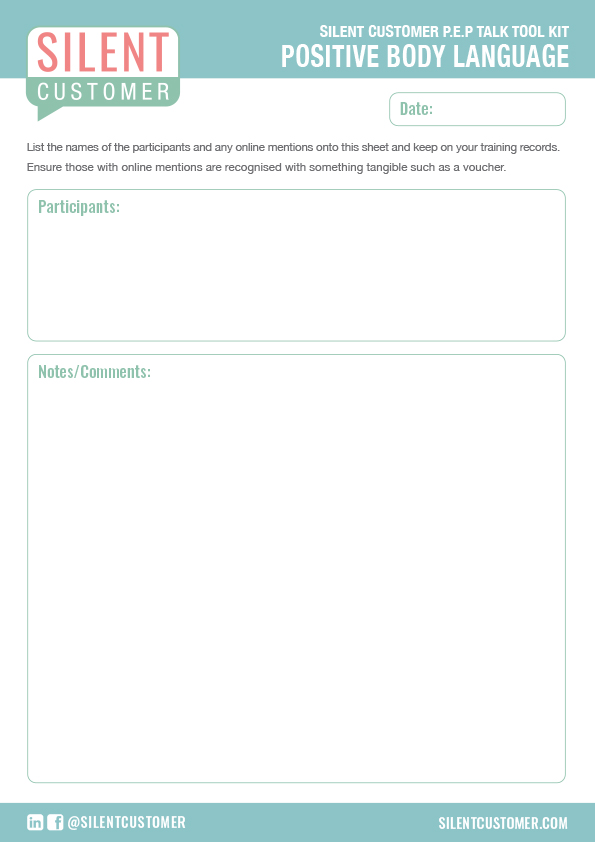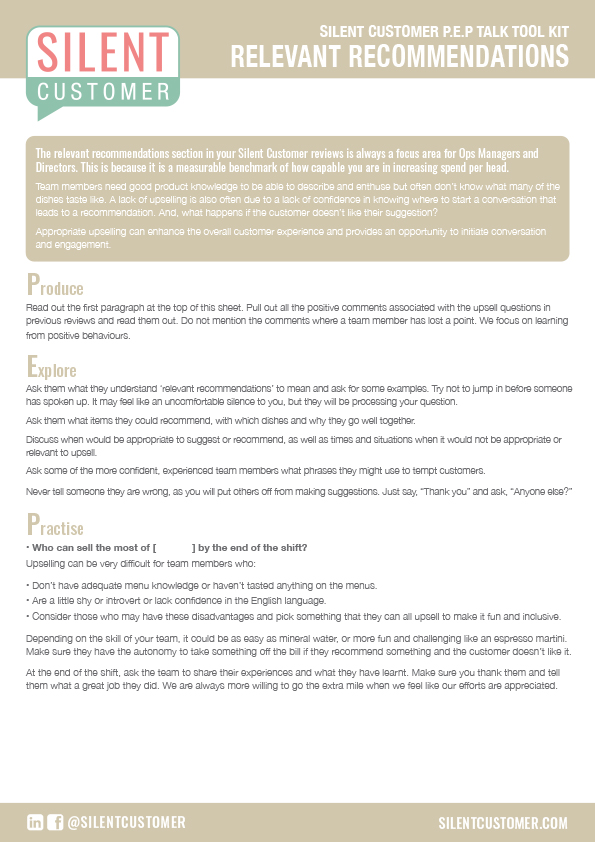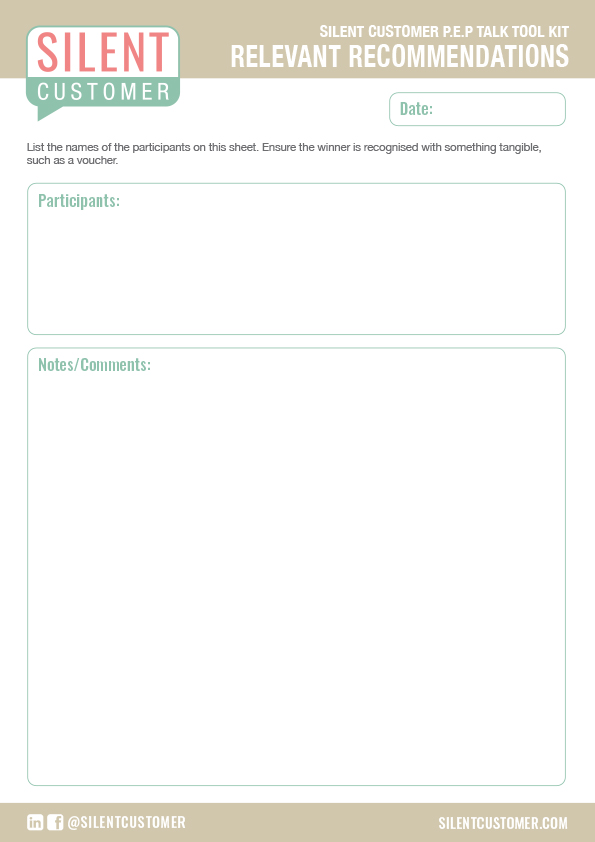Mystery shopping companies are similar in the basic mechanics of how they function. They have a chunky, complex, software platform that matches mystery shoppers by location and appropriateness to the specific assessments. Then it collects a tone of data and enables the clients to drill into it from a myriad of different perspectives.

All mystery shopping software allows the client to benchmark their organisation geographically and by management level. All mystery shopping software allows filtering of images, recordings, documents and the written word. All mystery shopping software scores the overall customer journey and splits it into actionable sections and questions.
However, there is a difference when it comes down to who is driving. Mystery shopping software is just the vehicle, and it doesn’t matter how enormous the database of shoppers is. Often used as a selling point, the database is only as good as the people available, reliant on the diligence of the scheduler, who is in charge of assigning them, and dependant on thoroughness the client brief that they need to follow.

The mystery shopping questionnaire surveys themselves need to be orchestrated by a person who understands human behaviours and language on a level that is deeper than a ‘yes’ or ‘no’ answer. ‘The structure of a question presupposes the answer’. In other words, a poorly written or structured question, will give an output that lacks useful insight or worse, deliveres skewed or false output.
The final output relies on the quality controllers. These are the incredibly patient people who check and edit the surveys submitted by the shoppers. They have to ask themselves: Has the shopper followed the brief? Did they understand the questions? Have they been able to impart useful insight that goes above and beyond the obvious? Have they delivered their feedback in an objective, kind and positive way even if the experience was less than perfect?
Mystery shopping is expensive because it is labour intensive. Make sure you chose a mystery shopping company that is willing and able to look under the surface and understands the complexities of human behaviours. Ask the company you are making you enquiry with to tell you the life experience and qualifications of the person designing your surveys. How much do they understand the industry you are providing insight for and how well do they understand the human condition!
If you would like to find out more about how our mystery shopping company can help your business please don’t hesitate to get in touch with one of our friendly team.

